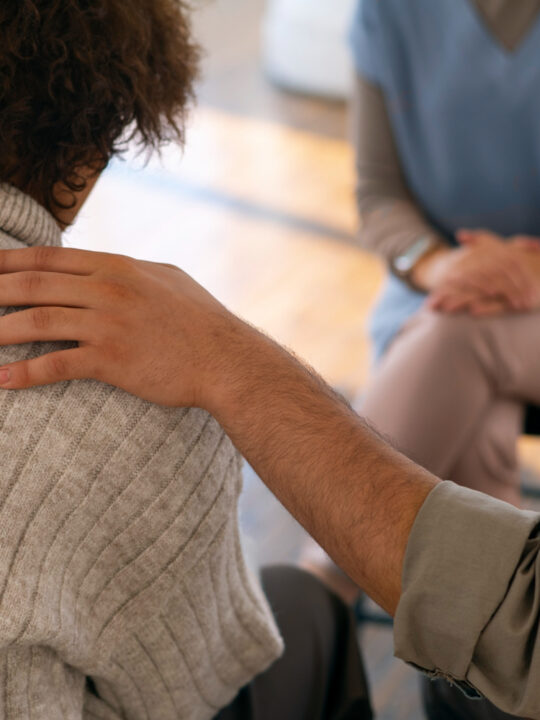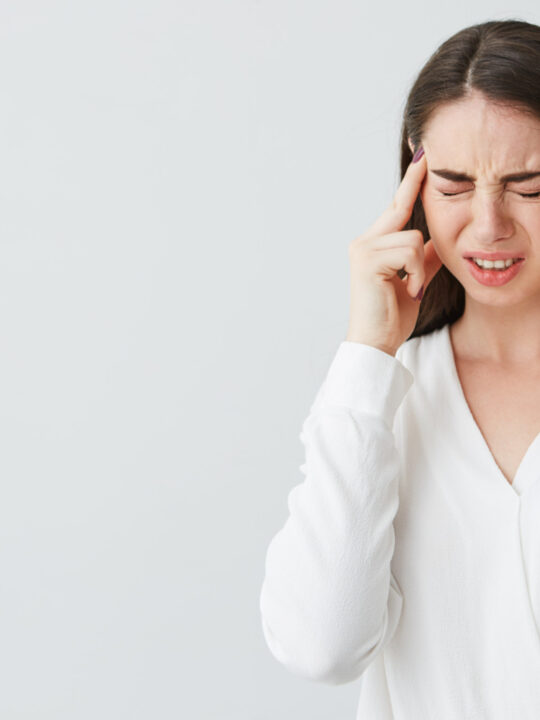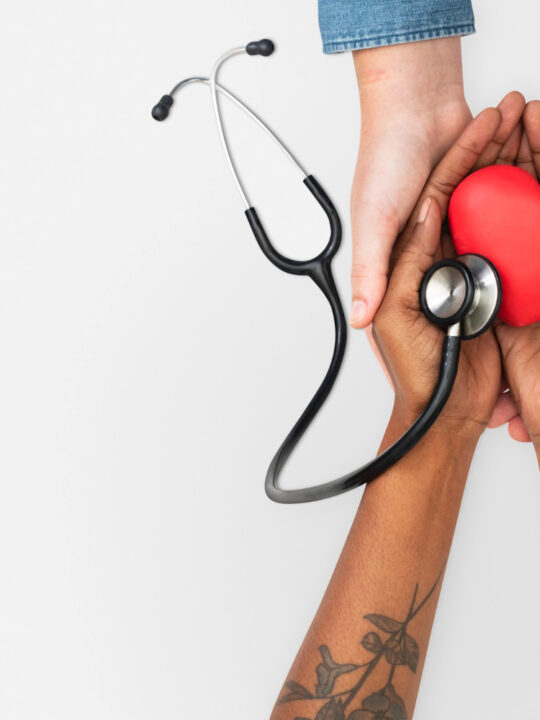
There’s not a person on earth that hasn’t gone through difficult times. Whether minor or traumatic, some things are just beyond your control. Getting past trivial matters often requires nothing more than time, venting to someone you know, reflection, and rest. Overcoming a series of adverse events or a traumatic moment, however, isn’t that easy. It is these moments that test your physical and emotional strength.
Emotional Overwhelm During a Pandemic
Current times paint an accurate picture. There’s been a global pandemic, millions of lives lost, civil unrest, natural disasters, food and supply shortages, and mass job loss in just six months. No matter who you are, this onslaught of chaotic events has negatively impacted your life.
Maybe you’re grieving the loss of a loved one from the coronavirus. Perhaps you’re dealing with financial stress after losing your job. You could be feeling cut off from the world as you remain on lockdown (or close to home). Who knows? Maybe you’re distraught and overwhelmed by the racism and violence that plagues the country.
Unhealthy Coping Mechanisms
Anxiety, fear, sadness, anger, and depression are natural emotional responses to these trying times. While finding ways to move past your feelings is vital to your health, how you cope is equally critical. Turning to these unhealthy coping mechanisms below can have consequences that only add to your problem.
Suppression
One of the worst things you can do to cope with your emotions is to not deal with them at all. Suppressing your feelings as if nothing is wrong will backfire. Before long, you reach a boiling point and behave recklessly, burn out, or fall ill.
Isolation
Spending time alone is sometimes necessary to cope with your emotions, but too much time by yourself is detrimental to your health. When going through difficult times, people withdraw from the people they love and the things they enjoy. Some do it because they don’t want to be a burden, some don’t want to deal with others’ attention, and some are ashamed or worried about what may be said. Isolation, however, can quickly lead to depression.
Substance Abuse
It’s not uncommon for people to indulge in alcohol and drugs to cope with trying times. When consumed, these substances send signals to your brain’s pleasure center resulting in temporary relief or euphoria. Continual use increases your tolerance levels. So, you consume more, only to develop a dependency. Last, you become addicted and need the assistance of an alcohol and drug rehab in Orange County to recover.
Overeating
Eating is, of course, essential. Be that as it may, eating to cope with overwhelming emotions is never a good idea. Most people gorge on high fat, sugar, and salt, which increases your risk of heart disease, diabetes, and cancer. There’s also the fact that food can quickly become an addiction. With all the physical and emotional trauma that comes with weight gain and life-threatening illnesses, food is not something you want to become a crutch.
Compulsive Spending
Everyone likes to treat themselves to something on occasion. As it can be rewarding to buy something you’ve always wanted, doing this to find relief from trying times and overwhelming emotions isn’t ideal. For those with limited budgets, compulsive spending can cause financial strain, which only exacerbates your stress and frustration. Even if you’re well off, you’ll find that you only get temporary satisfaction no matter how big the purchases are.
Sleeping (Too Much)
You may not have imagined that sleep would be considered an unhealthy coping mechanism, but too much of anything isn’t good for you. When things seem to be crumbling around you, it may feel as if sleep is the only way to escape. Beyond wasting precious time, sleeping too much can actually increase your risk of life-threatening diseases and lower your quality of life.
No one can deny that this year alone has been physically and emotionally taxing. Whether you’ve been impacted personally, professionally, directly, or indirectly, you’re bound to experience overwhelming emotions. However, you mustn’t turn to coping mechanisms like those discussed above to get through. As you can see, they may provide temporary relief, but in the end, the consequences are far more significant.







